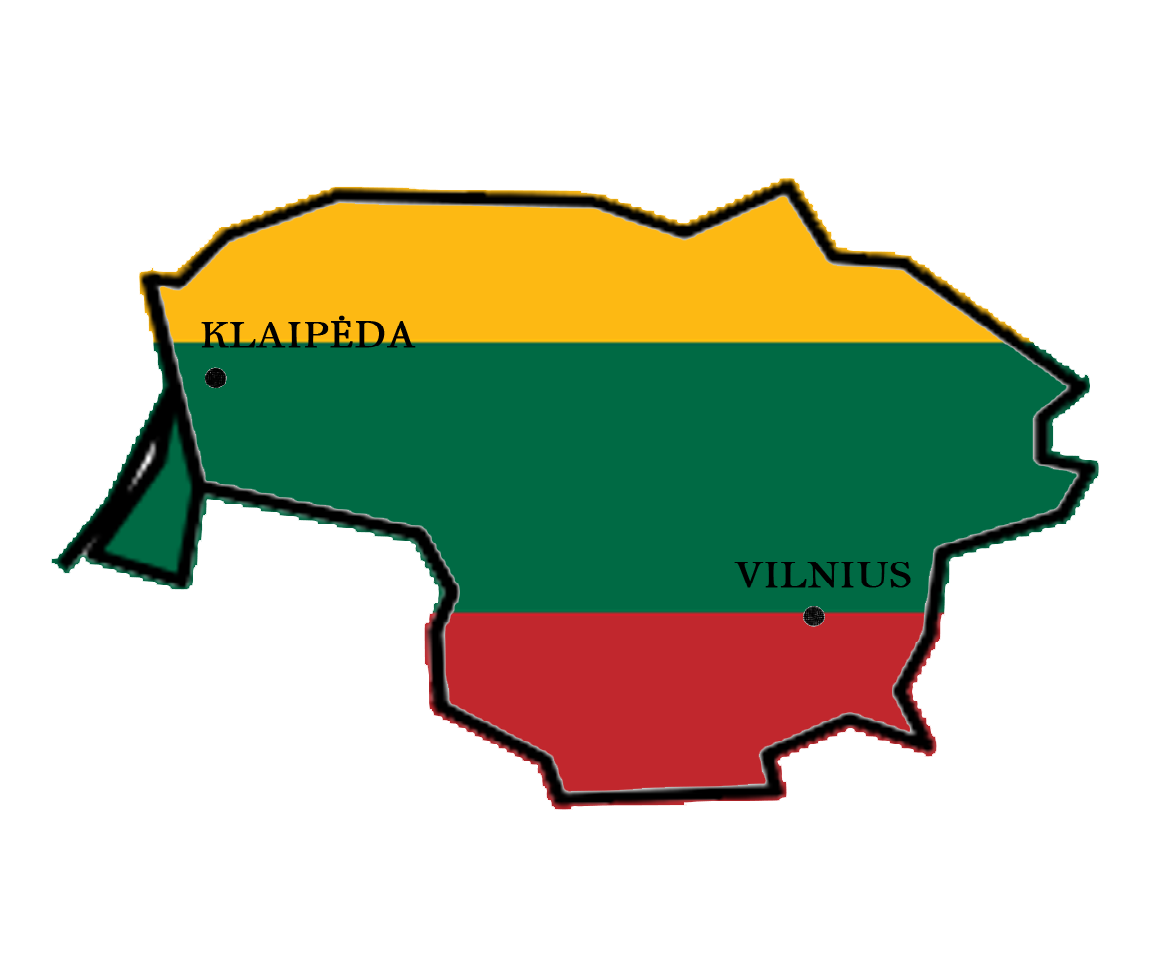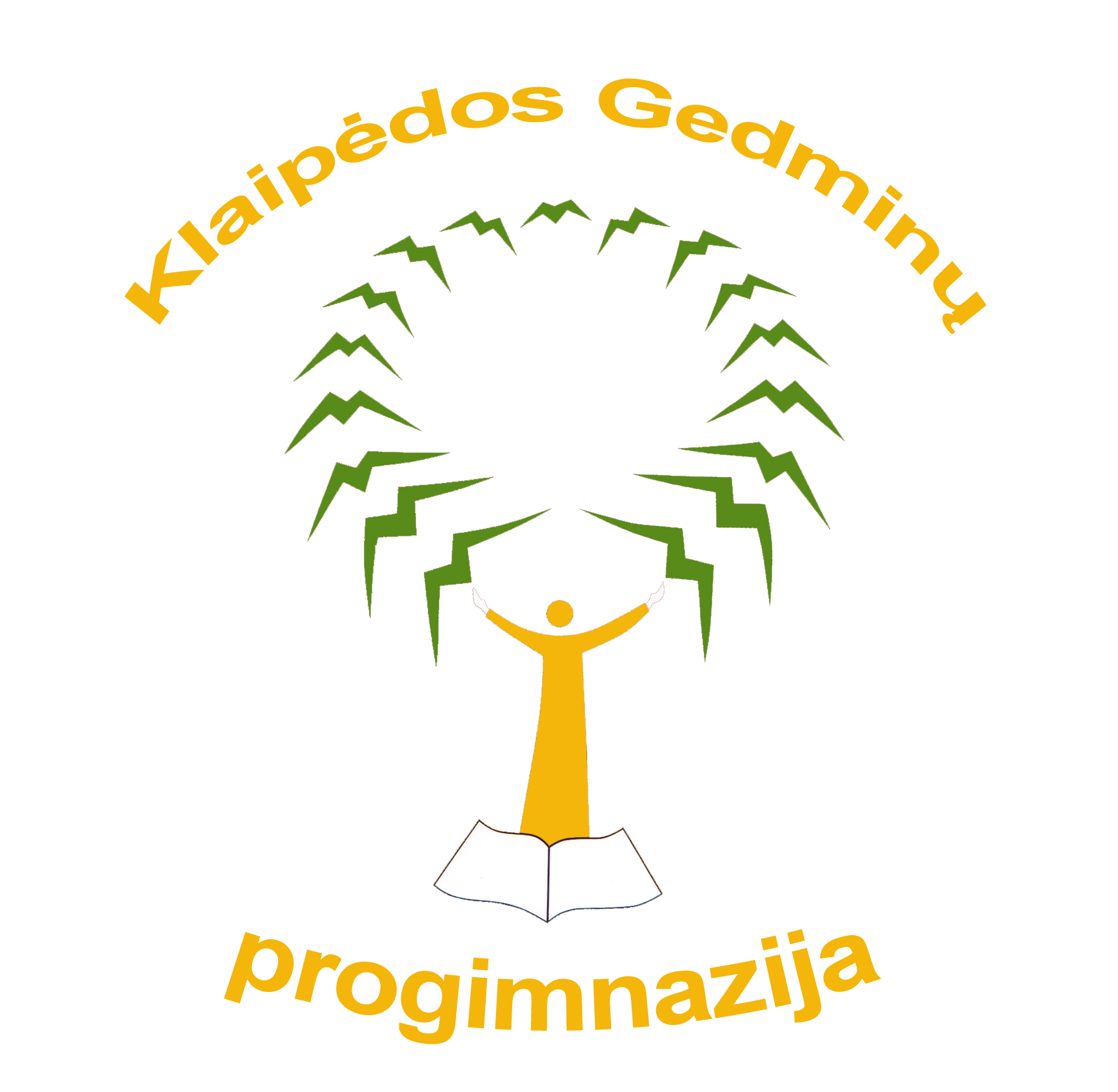LITHUANIA

Lithuania is an active member of the European Union (since May 1, 2004) and North Atlantic Treaty Organization (since March 29, 2004). Lithuania is the only Baltic country with nearly eight hundred years of statehood tradition, while its name was first mentioned almost one thousand years ago, in 1009.
Wedged at the dividing line of Western and Eastern civilizations, Lithuania battled dramatically for its independence and survival. Once in the Middle Ages, Lithuania was the largest state in the entire Eastern Europe, where crafts and overseas trade prospered.
The first mention of Lithuania dates back to the mid-XIII century. The town of Klaipeda was founded in 1252. Klaipeda is a unique Lithuanian city by virtue of its colourful, turbulent and tragic history and also because the Old Town’s architectural style is similar to many western European cities with which it had close links.
Lithuania is an independent and democratic republic. In Lithuania, the powers of the State are exercised by the Seimas (the Parliament), the President of the Republic, the Government, and the Judiciary. The scope of powers is defined by the Constitution. Public authorities serve the people.
KLAIPĖDA
The history of the Klaipėda city dates back to the time when the Livonian Order built a castle called Memelburg. A town grew around the castle close to where the waters of the Curonian Lagoon flow into the Baltic Sea.
Klaipeda is now Lithuania’s gateway to the world and the capital of the west of Lithuania. It is a vibrant and exciting city in which to live and work. The City has its own university, which is a true scientific and cultural centre. The Lithuanian Christian College has just celebrated its tenth anniversary and goes from strength to strength.
The seaport of Klaipeda is popular with investors and foreign partners because of its attractive and competitive conditions to develop industry and promote small and medium businesses.
Klaipeda will become increasingly important because of its direct links with other European and world-wide ports and because it is a sea transport centre, where regular shipping lines and fast modern motorway routes merge together.
GEDMINAI PROGYMNASIUM (GEDMINŲ PROGIMNAZIJA)

The school was opened in 1974. Then it was named the 21st Secondary School. 1130 students began the school year. Algimantas Tamelis became the director of this school. In 1993, the 21st Secondary School was named Gedminai School. In 1997, a new leader Aurelijus Liaudanskas took the place of the first director of the School. In 2001, Gedminai school became the main school and in 2014 - Gedminai Progymnasium.
We are proud of having our school attributes.
The most important preserve of the school is education of students. There are not only interesting lessons, but also there have been created the school space, which encourages children to learn and grow. The students have the opportunity to learn differently - not in the classroom, not in the school.
Students are motivated to learn well. There is established a “100 tens club”.
The evening of nominations “Metų Gedminietis” takes place at the end of the school year.
The school and its efforts are surmounted with plenty solid students’ achievements (the first prizes in the city’s and the republic’s Olympiads, contests and competitions).
Our school is famous not only in the city, but in the republic as well as the one that is not afraid of innovation. We actively take part in national and international projects.
Since the school management is based on the leadership, both students and teachers initiate school's development and changes: the student’s council work very actively, a "Fair of Ideas" is held annually.
The students sometimes become the teachers for their little friends.
The students are active participants of social actions and events.
The teachers are constantly learning and improving their skills. They are not afraid of challenges and share their experience in the local and republic conferences and seminars. They often work on probation in foreign schools.
We are building a future school all together today!
Our school website www.gedminai.lt